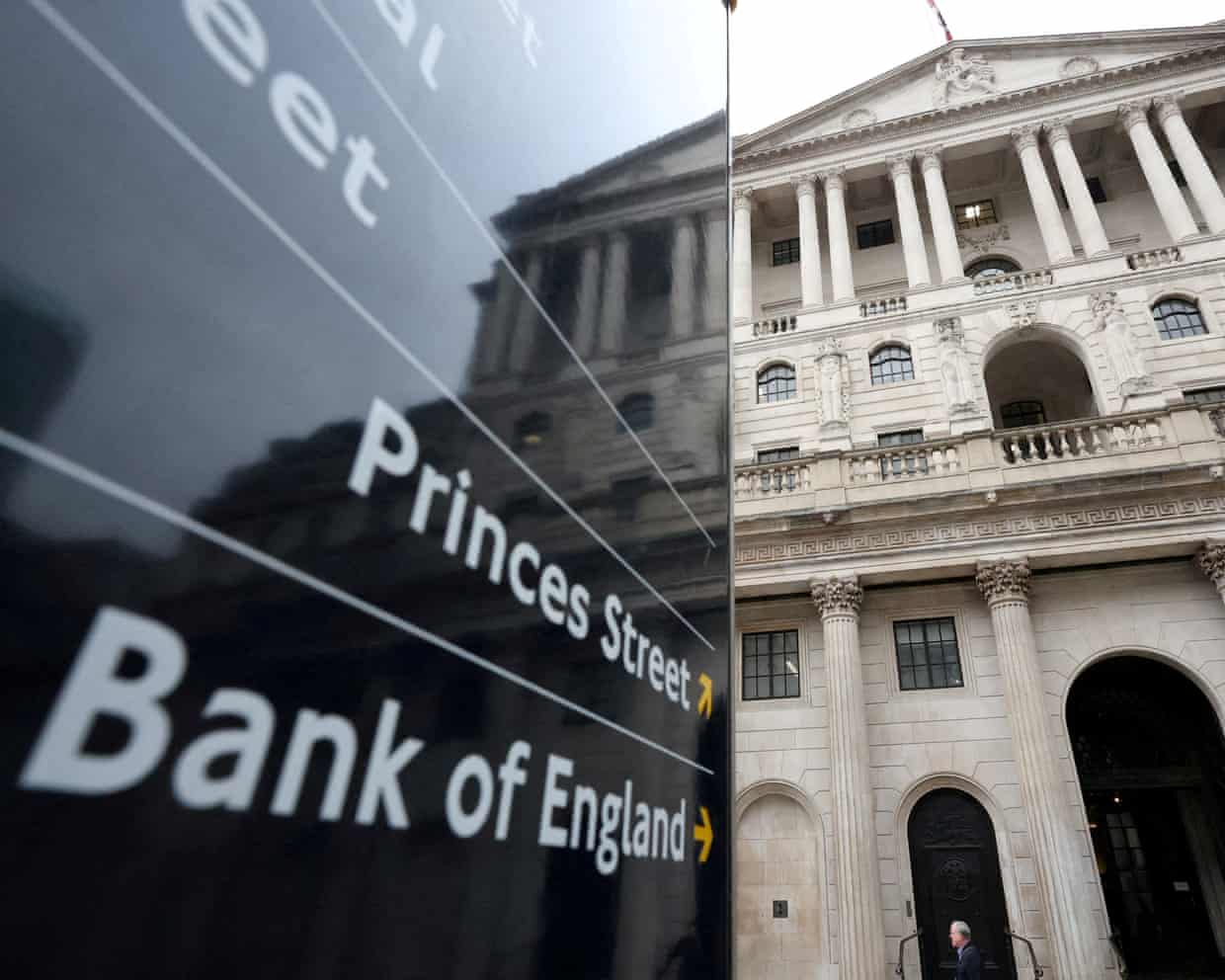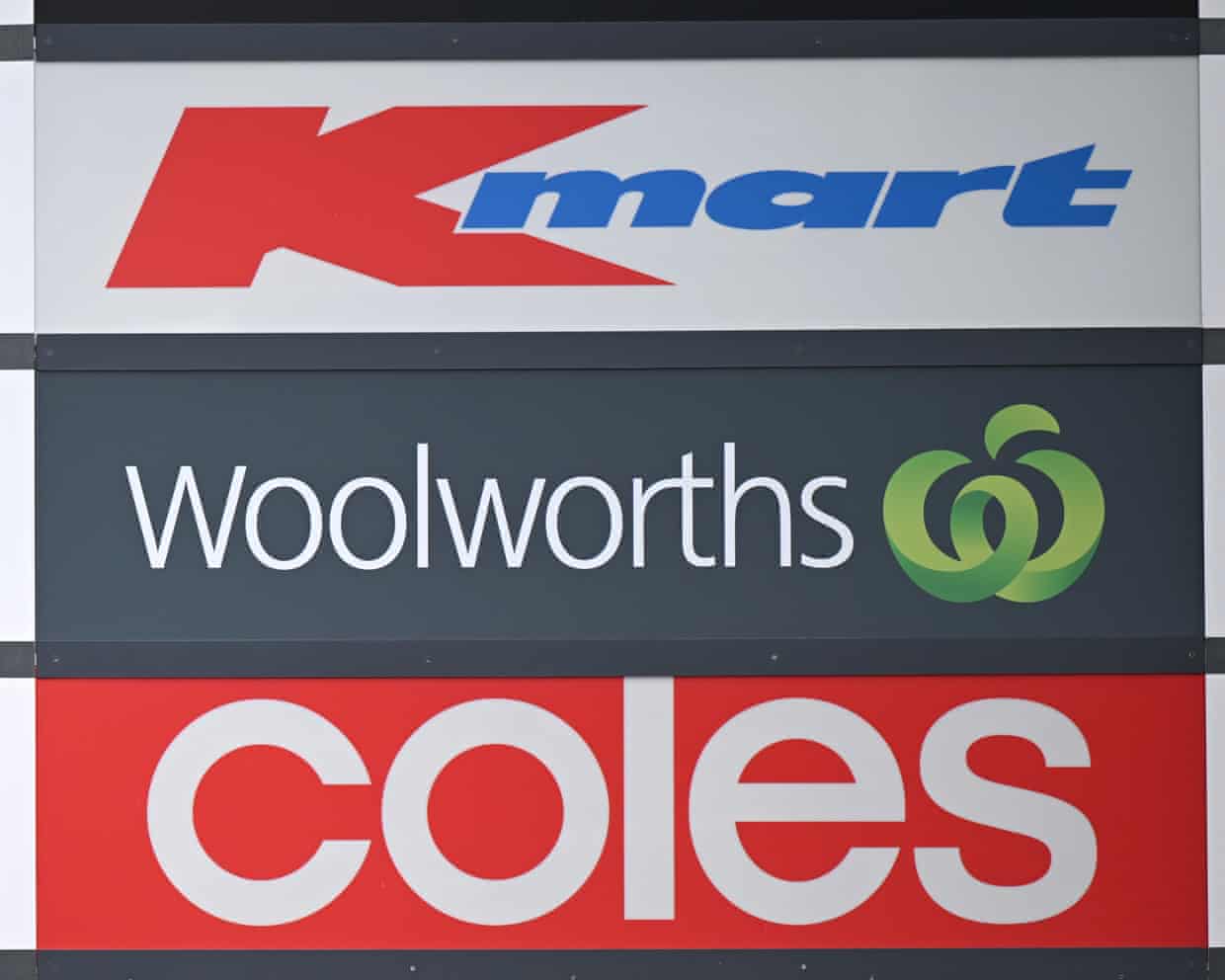NEWS NOT FOUND

Nissan ‘says Sunderland plant could close’ if UK excluded from Made in Europe rules
The Japanese carmaker Nissan has reportedly said it could be forced to close its plant in Sunderland if the UK is not fully included in new “Made in Europe” manufacturing rules proposed by the EU.The UK car industry trade representative group also said it was “gravely concerned” about the proposals, which it said could damage the £70bn annual cross-channel trade.Under the EU plans, public subsidies to speed up the development of electric vehicles would only be available to EVs made in European plants. Announced by the EU industrial strategy commissioner, Stéphane Séjourné, on Wednesday, the proposed Industrial Accelerator Act (IAA) is designed to protect the bloc from cheap competition from China.According to reports on Thursday, Nissan has privately warned the UK government it could be forced to close if the proposals became law

Slower UK interest rate cuts likely as some mortgage providers hike rates; oil and gas prices rising again – as it happened
The travel disruption, the higher oil price and the fall in the euro caused by the Iran war has prompted low-cost airline Wizz Air to issue a profits warning.Wizz Air warned investors last night that it believes the current crisis in the Middle East will wipe €50m off its profits this financial years.Wizz had previously predicted that earnings would fall within a profit of €25m to a loss of €25m, so today’s warning means it expects a loss for the year.The company told the City:double quotation markIn terms of the expected impact, approximately one third is a result of the cessation of certain scheduled services to the Middle East, with the remainder from the adverse movement in macroeconomic factors as a result of the Iran conflict.Our assessment of the impact of these macroeconomic factors is based on jet fuel and US$/€ rates as of today, and assumes that these rates will remain at current levels for rest of Fiscal Year 2026

Retailers want ‘delightfully human’ AI to do your shopping, but will the chatbots go rogue?
Major retailers say it won’t be long before sophisticated AI “assistants” plan your meals, organise your parties and do your shopping.But companies, many that are already struggling with their more primitive AI chatbots, will have to balance making the newer, “agentic” bots relatable without them going rogue.AI chatbots were in the news recently when Woolworths reined in its virtual shopping assistant, Olive, after the company’s attempt to have the robot relate to customers on a human level backfired.Customers reported feeling annoyed rather than soothed when Olive told them about its “relatives” over the phone.Sign up: AU Breaking News emailAs one complained on Reddit: “I’m already pissed that I have to call and now I’ve got some robot babbling to me on the phone? Wtf Woolies?”While Woolworths has said it will dial down Olive’s quirky personality, the incident – and further testing by Guardian Australia of a range of retailers’ chatbots – shows the technology still has teething problems

Google Pixel 10a review: cheaper Android is great, but no real advance
The latest smartphone in the lower-cost A-series Pixel line shows what makes Google phones so good, while undercutting the competition on price. The problem is that it differs little from its predecessor, which is still on sale.The Guardian’s journalism is independent. We will earn a commission if you buy something through an affiliate link. Learn more

Harry Brook reiterates support for Brendon McCullum after England’s World Cup exit
Harry Brook called on the England & Wales Cricket Board to back Brendon McCullum as all-format coach after England brought their winter to a close with defeat to India in a wild T20 World Cup semi-final that became, by a margin of 45 runs, the highest-scoring game in the competition’s history.Though his position has been the subject of speculation since England’s sorry performance in the Ashes McCullum said after his side’s seven-run loss in Mumbai he would “love to carry on”, and Brook that the New Zealander remained “125%” the right man for the job.“Our partnership has been good throughout the competition and since I’ve taken over,” said Brook, who was named England’s white-ball captain last April. “We get on very well and the communication has been outstanding. Long may it continue

England fall just short against India in epic T20 World Cup semi-final – as it happened
That was modest of Samson, but if anyone else was going to pip him to the match award, it should have been Axar Patel. His fielding was phenomenal, first when he caught Harry Brook in the deep, running back, and then when, uncredited on the scorecard, he got an inspired assist for the catch by Dube that got rid of the tenacious Jacks. In a game of 499 runs, the winner is the team that fielded better.Never mind the players – I am now a spent force, so I’m going to collapse in a heap. Simon Burnton’s match report will be with you shortly

Emma Walmsley’s pay rose almost 50% to £15.6m in final year as GSK boss

Oil price continues to rise amid Middle East crisis but stock markets rebound across Asia

Sam Altman admits OpenAI can’t control Pentagon’s use of AI

Elon Musk takes witness stand in trial over Twitter takeover

Wales can fly against Ireland if they dump their Six Nations baggage

‘Toughest’ Italy Test can be defining moment for England, says Jamie George